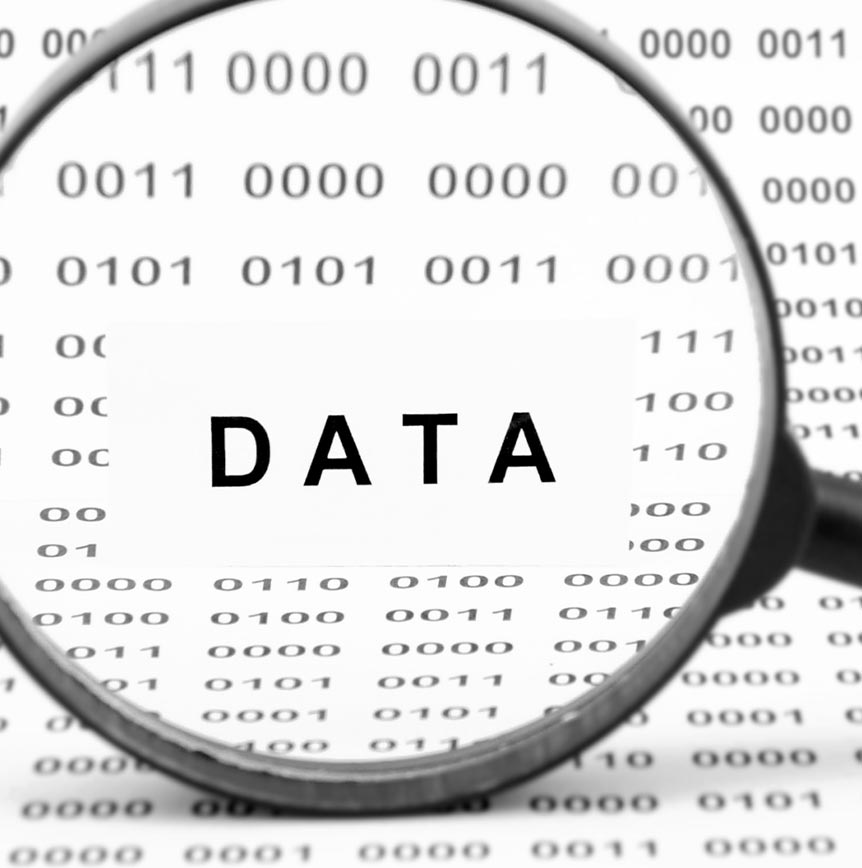Modern society depends on technological innovation to grow alongside it. Recent rapid technological advancements affect all sectors of cybersecurity, healthcare and defense, safety and security. Innovation in data analytics is necessary to identify opportunities and trends in market segmentation, giving businesses a chance to optimize their performance. Moving into 2023, there are a variety of data analytic trends emerging within top business practices to watch, including artificial intelligence (AI), data democratization and data governance.
Industries Transition to Integrative AI Technology
AI technology comes in various forms, including machine learning, bots, natural language processing, speech and robotics. AI collects user data, behavior and knowledge to create and perform automated tasks. In both physical and remote workplace settings, AI can benefit employees and businesses. AI offers businesses the ease of automation, the ability to integrate team tasks and the assessment of collected data. In return, automation allows for increased productivity and operational optimization. “[AI] allows us to really create a knowledge-based economy and leverage that to create better automation for a better form of life. AI is now capable of assessing data across large quantities of information, formulating both accurate and efficient results, changing the workplace climate as we know,” shares Hossein Rahnama, founder and CEO of AI solutions platform, Flybits.
Making Data Accessible through Data Democratization
Organizations continue to make strides to make data accessible and comprehensible to both employees and stakeholders, regardless of their technological backgrounds, through means of data democratization. Gartner, an industry leader in IT insights, predicts that by 2023, “organizations that promote data sharing will outperform their peers on most business value metrics.” Data sharing allows employees and stakeholders to collaborate and effectively communicate analytic strategies as well as make better informed business decisions based on that data.
Effective data democratization strategy relies on AI to contextualize and accurately account for usable data. Derek Wang, CEO of AI analytics platform Stratifyd, shares the importance of identifying “dark data” which accounts for over half of unknown data across an organization’s networks. “The work of data democratization not only has to contend with the known data companies are already tapping into today, but also must expose the data that lies buried beneath the surface.” Technological advancement promotes data democratization and AI as a collective system to turn data into automated business insights, filtering important and usable information.
Managing Data and Insights Effectively with Data Governance
Data governance is a “a principled approach to managing data during its lifecycle, from acquisition to use to disposal.” Data governance ensures data security and privacy by setting both internal and external standards of data handling. External standards are set by industry associations, government agencies and stakeholders while internal standards dictate the kinds of data under governance and who can access them. Benefits of data governance include regulatory compliance, effective risk management, employee and stakeholder data accessibility and improved decision making. Like data democratization, data governance within organizations creates trust, collaboration and informed decision making between employees and stakeholders.
RELI Group’s IT modernization offers expert technological solutions and business development.
Transitioning into 2023, RELI Group anticipates its continued technological efforts to modernize data analytics in its contracts supporting the defense, safety and security, healthcare and federal civilian industries. RELI offers data analytics innovation through advanced data information management, statistical modeling and data visualization. To learn more about RELI’s Data Life Cycle & Analytics team, please visit www.RELIgroupinc.com/capability/data-life-cycle-analytics.




